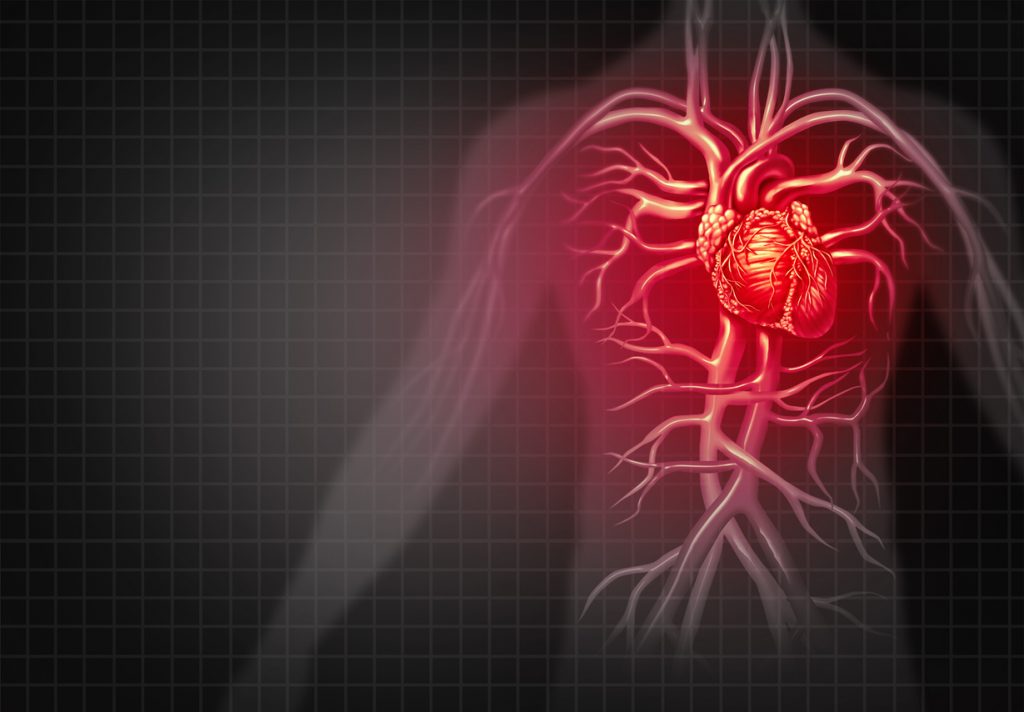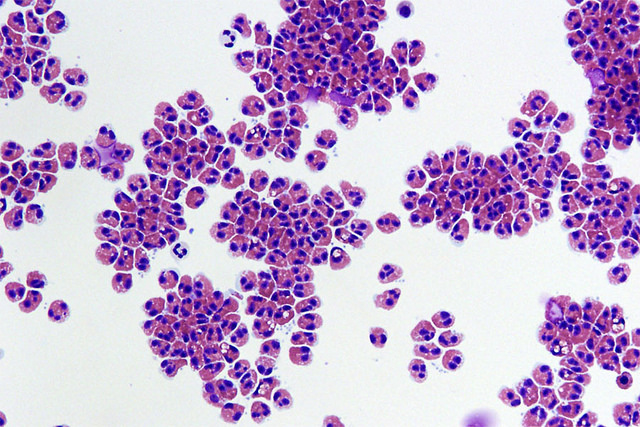How do you keep your heart healthy? Dr Joe Kosterich talks about key points in heart health, including what foods to eat, diabetes, your BMI, exercise, smoking and stress.
Transcript
 Today we’re going to talk about keeping your heart healthy. It sounds fairly obvious: You should want to keep it healthy because the day your heart stops beating, you’re not going to be around anymore. You hear a lot about heart health and people can get quite confused so we’re going to make it fairly simple for you.
Today we’re going to talk about keeping your heart healthy. It sounds fairly obvious: You should want to keep it healthy because the day your heart stops beating, you’re not going to be around anymore. You hear a lot about heart health and people can get quite confused so we’re going to make it fairly simple for you.
Focus on the basics; what does that mean? Start with the sorts of foods you put into your body. Be aware that foods that have saturated fats and trans fats in particular can increase your cholesterol level and we know that cholesterol is a major risk factor in terms of heart disease. There are two ways to manage your cholesterol. Number one is with diet; following a Mediterranean-type diet which is high in fruits and vegetables, has some olive oil and a little bit of garlic. It has a touch of red wine but not too much. Just be watchful of the saturated and trans fats.
Diabetes is another risk factor for heart disease so anyone with diabetes needs to get that managed and treated. For the rest of us, trying to avoid diabetes is good and we can do that by not eating too much by way of sugars. Be careful of processed and refined carbohydrates and as I said before, the Mediterranean-type diet is a reasonable way to go. Keeping your weight at a healthy BMI, which should be between 20 and 25, is important as well.
The good news is that if you’re watching what you’re eating in terms of your sugars and fats, then the weight will start to take care of itself. Doing regular exercise is important for your health and it’s a separate contributing factor to protecting your health. It’s been shown that even if people are a few kilograms overweight, being fit does offset it a little bit. Now although it’s better to be of the correct weight and fit, it shows that being fit and exercising has an additional beneficial role.
Smoking is not good for your health so if you are smoking, then you should think about quitting. You can check our video on tips for stopping smoking. Managing your stress is also very important in heart disease prevention and it has been shown that stress is a contributing factor. There are a couple of reasons for that. There is the direct relationship, but also stress can impact on your blood pressure and high blood pressure is another contributing factor to heart disease. It’s very important to get your blood pressure checked; go along and see your doctor. If your blood pressure is normal that’s great, if it’s elevated, then your doctor will want to chat to you about ways to treat that and as with most forms of treatment these days, there’s going to be pharmaceutical treatments and non pharmaceutical treatments. That latter group may include cutting down on your salt intake, doing some exercise, being watchful of your weight and, as we touched on before, managing your stress.
People might say, “hang on, even if I do all of this, I’ve got heart disease in my family, does it matter?” The answer to that is yes it does; genetics are what we start with, however it’s also very important what we make of it. Somebody who does have heart disease in their family can still significantly reduce the chances of them actually getting heart disease. If someone who doesn’t have heart disease in their family eats the wrong foods, smokes and their blood pressure’s high, the fact that they might not have certain genes doesn’t mean that they may not run into problems with their heart.
The take home message is that looking after your heart is not that difficult, in fact it’s fairly easy. This means eating the rights sorts of foods, keeping fairly active, managing your stress, and getting things like your sugar, blood pressure, cholesterol and heart checked by your GP. You want your heart to be around for a long time; you want to be there to see your grandkids. Look after your heart and it’ll look after you.
More information
 |
For more information on keeping your heart healthy, including information on how the heart works, the effect of cholesterol and eating for heart health, as well as some useful videos and tools, see Heart Health. |
All content and media on the HealthEngine Blog is created and published online for informational purposes only. It is not intended to be a substitute for professional medical advice and should not be relied on as health or personal advice. Always seek the guidance of your doctor or other qualified health professional with any questions you may have regarding your health or a medical condition. Never disregard the advice of a medical professional, or delay in seeking it because of something you have read on this Website. If you think you may have a medical emergency, call your doctor, go to the nearest hospital emergency department, or call the emergency services immediately.







